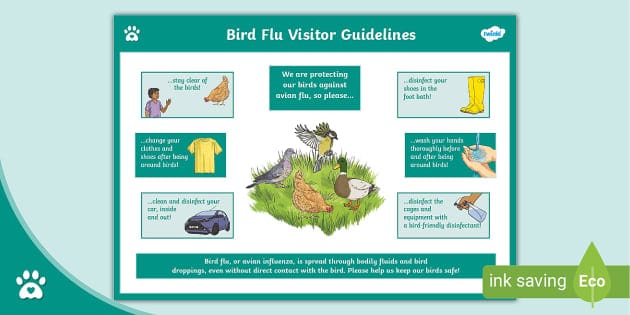The conversation surrounding alcohol consumption and its health implications has gained renewed attention following a statement from a leading U.S. health official advocating for cancer warning labels on alcoholic beverages. This proposal is not merely a reactionary measure but is supported by a growing body of scientific research that elucidates the relationship between alcohol consumption and an increased risk of several types of cancer.
Research has consistently indicated that alcohol is a carcinogen, classified by the International Agency for Research on Cancer (IARC), which is part of the World Health Organization (WHO). The IARC has identified alcohol as a Group 1 carcinogen, meaning there is sufficient evidence to conclude that it can cause cancer in humans. This classification is based on extensive epidemiological studies that have shown a clear association between alcohol consumption and various cancers, including those of the breast, liver, esophagus, and colorectal region.
The biological mechanisms through which alcohol contributes to cancer development are multifaceted. Ethanol, the active ingredient in alcoholic beverages, is metabolized in the liver to acetaldehyde, a toxic compound that can damage DNA and proteins. Additionally, alcohol consumption can lead to increased levels of estrogen, which is linked to breast cancer. Furthermore, alcohol may impair the body’s ability to absorb essential nutrients, including folate, which plays a crucial role in DNA synthesis and repair.
The U.S. health official’s recommendation for cancer warning labels on alcohol products aims to enhance public awareness regarding these risks. Currently, many consumers may not fully understand the potential health consequences of their drinking habits. By introducing warning labels similar to those seen on tobacco products, the initiative seeks to educate individuals about the dangers associated with alcohol consumption and promote informed decision-making.
The proposed labeling is not without precedent. Several countries have already implemented similar measures, including warning labels on alcoholic beverages that inform consumers of the potential cancer risks. For instance, in countries like Australia and the United Kingdom, health warnings are displayed on alcohol packaging, highlighting the link between alcohol consumption and various health issues, including cancer. These measures have been met with mixed reactions, as some argue that they may stigmatize moderate drinking while others see them as a necessary step towards public health awareness.
Critics of the initiative suggest that the focus on alcohol labeling should be part of a broader discussion about lifestyle choices and their impact on health. They argue that rather than singling out alcohol, public health campaigns should also address other lifestyle factors, such as diet, exercise, and smoking, which contribute to cancer risk. However, proponents of the labeling initiative contend that alcohol is unique in its widespread social acceptance and consumption, making it imperative to address its specific health risks.
The discussion surrounding alcohol consumption and cancer risk is particularly relevant in the context of changing societal norms regarding drinking. Recent years have seen a rise in awareness about the health implications of alcohol, leading some individuals to reconsider their drinking habits. This cultural shift may facilitate the acceptance of warning labels and foster a more health-conscious approach to alcohol consumption.
Moreover, the conversation around alcohol and cancer risk is intertwined with broader public health initiatives aimed at reducing the prevalence of alcohol-related diseases. The Centers for Disease Control and Prevention (CDC) has reported that excessive alcohol consumption is a significant public health concern, contributing to a range of health issues, including liver disease, addiction, and injuries. By implementing warning labels, health officials hope to contribute to a broader strategy aimed at reducing alcohol consumption and its associated health risks.
The response from the alcohol industry to the proposal for cancer warning labels has been cautious. While some industry representatives acknowledge the importance of public health, they express concerns about the potential economic impact of such labeling measures. The alcohol industry is a significant contributor to the economy, and stakeholders worry that warning labels could deter consumers and negatively affect sales. However, advocates for the labeling initiative argue that the health of the public should take precedence over economic considerations.
In conclusion, the call for cancer warning labels on alcoholic beverages by a top U.S. health official reflects a growing recognition of the health risks associated with alcohol consumption. Supported by scientific evidence linking alcohol to various types of cancer, this initiative aims to inform consumers and promote healthier lifestyle choices. As public awareness of the implications of alcohol consumption continues to evolve, the conversation surrounding labeling and its potential impact on public health is likely to gain further momentum.



